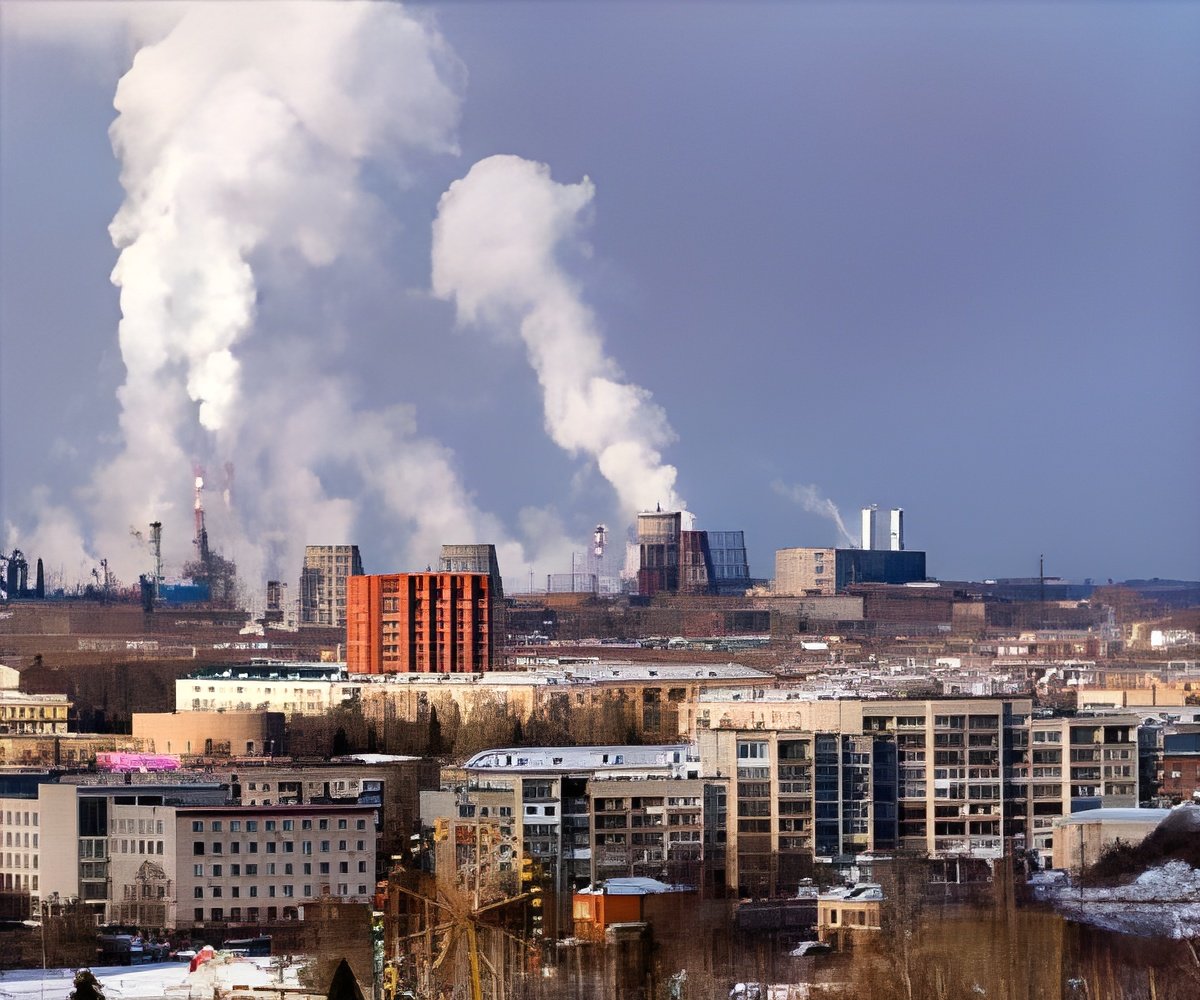
‘In China, the pollution problem has progressively worsened. At the same time, both the public and government departments lack the necessary knowledge of its formation, the causes, and ongoing management.’
Tweet it Now
These steps, which can also be applied to other heavily polluted countries, center upon the need to conduct more research to better identify the cause of the pollution, and create more effective prevention and control methods. Specifically, these strategies are:
- Identifying the role of human-caused emissions on climate change.
- Understanding what other factors (particularly, climate change and variability) affect air quality.
- Recognizing the formation process and creating in advance prevention and control regulations.
- Promoting the seasonal prediction of air pollution.
- Implementing stricter air pollution prevention and control policies in key areas such as central North China.
In China, the pollution problem has progressively worsened. At the same time, both the public and government departments lack the necessary knowledge of its formation, the causes, and ongoing management.
China has invested substantial financial, human, and material resources in reducing the emissions of pollutants, and in promoting scientific research and technological development to support the protection of the atmosphere.
Research has even been supported by organizations such as the Ministry of Science and Technology, the China Environment Protection Agency, and the National Natural Science Foundation of China.
Advertisement
One such recent example occurred in Tianjin and the surrounding areas, when a continuous outbreak of a wide-ranging and persistent haze pollution on 17 December 2016 caused two long-term severe haze pollution processes within 20 days.
Advertisement
Source-Eurekalert










